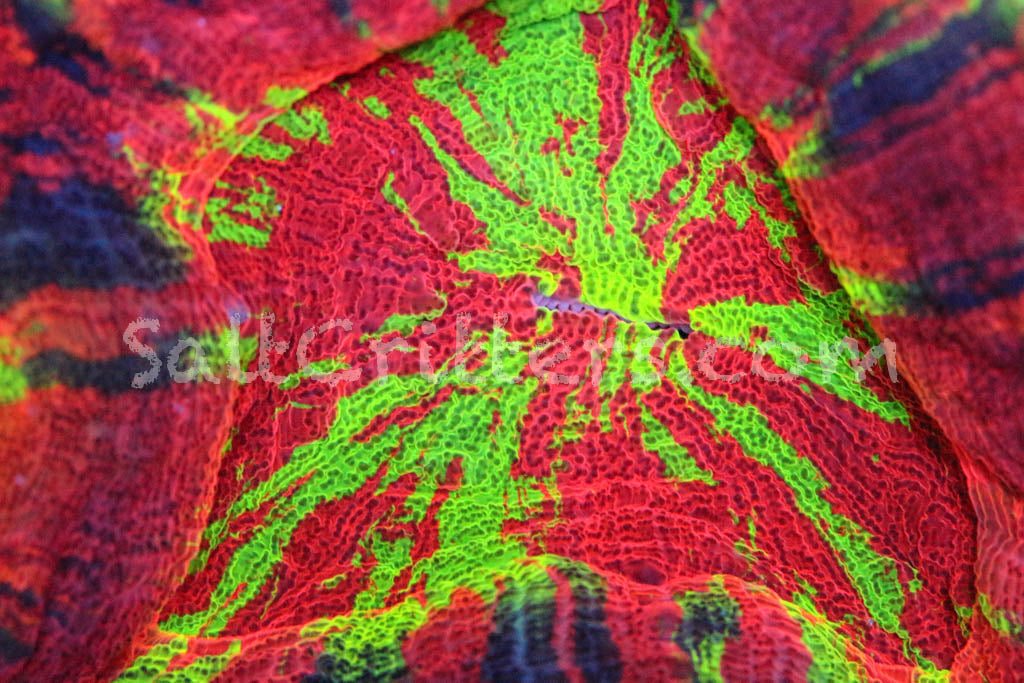
Welcome to the realm of reef keeping, where the delicate balance of aquatic ecosystems is both an art and a science. In this blog post, we'll delve into the crucial role of water testing – an essential practice for maintaining thriving coral reefs and ensuring the health of marine inhabitants.
In the intricate world of reef keeping, water quality is paramount. Corals, fish, and invertebrates rely on stable and pristine aquatic conditions to flourish. Water testing serves as our window into the invisible realm of parameters such as pH, ammonia, nitrite, nitrate, calcium, alkalinity, and salinity. By monitoring these key indicators, aquarists can detect imbalances early on and take proactive measures to rectify them, thus safeguarding the well-being of their aquatic charges.
pH plays a pivotal role in regulating chemical processes within the aquarium. Fluctuations in pH can disrupt biological functions, hinder coral growth, and compromise the health of fish and invertebrates. Through regular pH testing, aquarists can identify deviations from the optimal range (typically 8.1 to 8.4 for marine aquariums) and implement corrective measures to maintain stability.
Ammonia, nitrite, and nitrate are byproducts of organic waste and decaying matter within the aquarium. Elevated levels of these compounds can pose serious health risks to marine life, leading to ammonia toxicity, impaired respiration, and compromised immune function. Water testing allows aquarists to monitor these parameters and intervene promptly through water changes, filtration adjustments, or biological supplementation.
Calcium and alkalinity are essential for the growth and skeletal development of reef-building corals. Maintaining stable levels of these ions is crucial for promoting coral calcification and supporting vibrant coral growth. Routine testing enables aquarists to fine-tune supplementation regimens and ensure that corals have access to the essential elements they need to thrive.
Salinity refers to the concentration of dissolved salts in the aquarium water and is measured in parts per thousand (ppt) or specific gravity (SG). Fluctuations in salinity can stress marine organisms, disrupt osmoregulation, and compromise their overall health. By regularly testing salinity levels, aquarists can ensure that parameters remain within the optimal range (typically 1.024 to 1.026 SG for marine aquariums), providing a stable environment for their aquatic inhabitants.
Reef keepers bear the responsibility of maintaining pristine aquatic environments that mirror the natural habitats of marine life. Water testing is not merely a task; it is a cornerstone of responsible reef keeping – a proactive measure that empowers aquarists to safeguard the health and vitality of their underwater ecosystems. By embracing the art and science of water testing, we can cultivate thriving coral reefs, nurture diverse marine communities, and embark on a journey of discovery and conservation in our own homes.



Comments (0)
Back to Blog